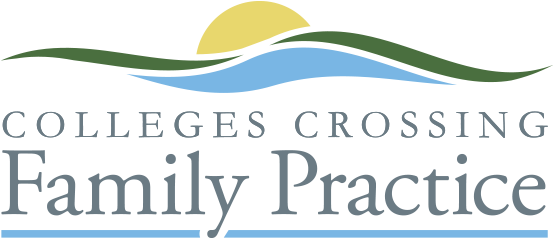Going to a doctor can be confronting for anyone, and young adults can find this especially intimidating. Despite this, forging a comfortable relationship with a trusted family doctor is important; it is a great opportunity to embark on a path of positive health into adulthood, and reassuring to know extra support is available when needed.
Around the ages of 15-16 young adults often gradually transition to seeing a doctor alone and making their own healthcare decisions. Most GPs are happy to see young adults together with their parents, or on their own, or even a combination of both during a consultation, and if you are aged at least 15 you can apply to have your own Medicare card for doctors’ visits.
Ideally young people choose to include their family or carers in all aspects of their healthcare, however sometimes situations arise where they prefer to seek advice or care independently and this is OK. Although parents can feel nervous about this process of emancipation, the family GP is ideally placed to help bridge any communication divides and to ensure the safety of their patient.
It is important to know you can trust your GP with even the most sensitive information, and everyone seeing a doctor should be assured of the confidentiality of consultations. This means that unless a situation is very serious, either involving something life-threatening or criminally abusive, a doctor can’t divulge any information to anyone. Legally any patients over the age of 16 need to give their explicit approval for a doctor to discuss anything relating to their health with their parents (or anyone else). Again, this can be confronting for parents, but it is important to encourage a young person to take responsibility for their health into adulthood.
Positive and open communication is the key. This might be a good opportunity to discuss this topic in your family and decide how you might like to handle this transition period.
Wishing you and your family good health,
Dr Cath Hester
These articles are not intended to replace a one-to-one relationship with a qualified health professional or as specific medical advice. They are intended as a sharing of knowledge and information from experience and research in the scientific literature. I encourage you to make your own health care decisions based upon a partnership with a qualified health care professional.
